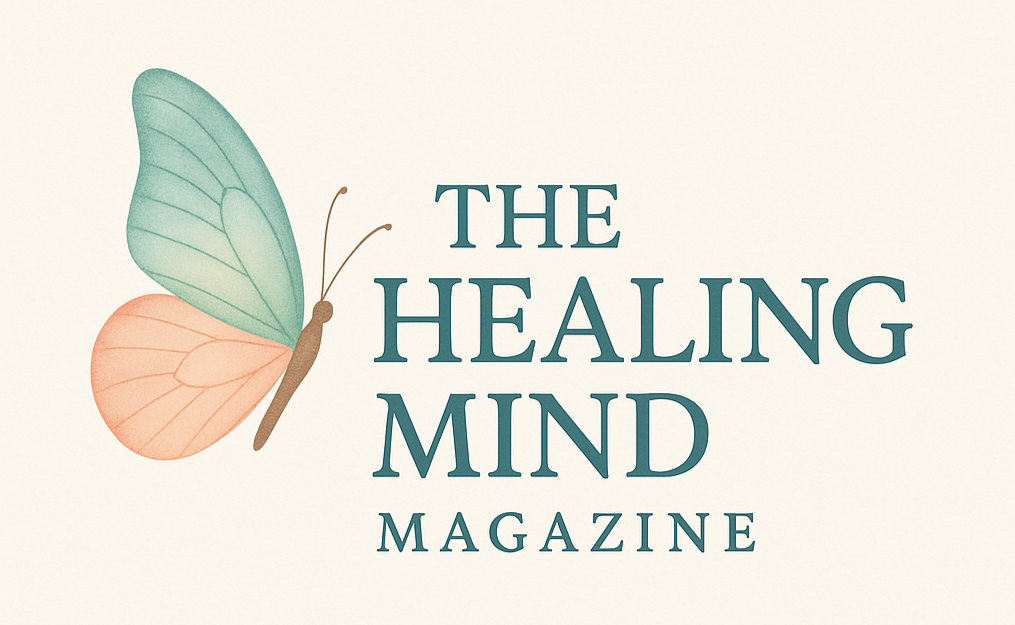Intermittent Fasting: A Journey to Health and Wellness
Intermittent fasting (IF) has become a popular method for weight loss and overall health improvement. As someone who has successfully lost 50 pounds through this approach, I can attest to its effectiveness and the positive changes it brings.
Understanding Intermittent Fasting
Intermittent fasting is not about what you eat, but when you eat. It involves cycling between periods of eating and fasting. The most common methods include the 16/8 method (fasting for 16 hours and eating during an 8-hour window) and the 5:2 method (eating normally for five days and restricting calories for two non-consecutive days).
My Personal Experience
When I started intermittent fasting, I learned to listen to my body and understand its needs. Through trial and error, I discovered that my body feels best when I eat before 3pm. If I eat after this time, I suffer from terrible indigestion that lasts for hours. By sticking to this eating window, I not only avoided discomfort but also experienced significant weight loss.
The Science Behind Intermittent Fasting
Research suggests that intermittent fasting can lead to several health benefits:
- Weight Loss: By reducing the eating window, IF can help reduce calorie intake, leading to weight loss. It also helps in increasing metabolism, promoting fat loss while preserving muscle mass.
- Improved Digestion: Intermittent fasting gives the digestive system a break, potentially reducing issues like bloating and indigestion. For me, avoiding food after 3pm was crucial in preventing uncomfortable digestive problems.
- Enhanced Mental Clarity: Many people, including myself, report improved focus and mental clarity during fasting periods. This may be due to the stabilization of blood sugar levels and the reduction of insulin spikes.
- Increased Energy: Despite initial concerns about feeling fatigued, I found that intermittent fasting actually boosted my energy levels. The body becomes more efficient at using stored fat for energy, reducing the dependency on constant food intake.
Tips for Success
- Listen to Your Body: Pay attention to how your body responds to different eating windows and adjust accordingly. My experience with avoiding food after 3pm was key to my success.
- Stay Hydrated: Drinking plenty of water is essential during fasting periods. It helps in reducing hunger pangs and keeping the body hydrated.
- Balanced Diet: When you do eat, focus on a balanced diet rich in nutrients. Whole foods, lean proteins, healthy fats, and plenty of fruits and vegetables are crucial.
- Consistency: Like any lifestyle change, consistency is vital. Stick to your chosen fasting schedule and be patient with the results.
Intermittent fasting is more than just a diet; it’s a lifestyle change that promotes overall health and well-being. My journey with IF has been transformative, helping me lose 50 pounds and teaching me how to feed my body in a way that feels best. If you’re considering intermittent fasting, remember to listen to your body, stay hydrated, and maintain a balanced diet. The results might just surprise you.

Mary Smith – Writer – Finance, Relationships, Our Companions, Art & Culture








